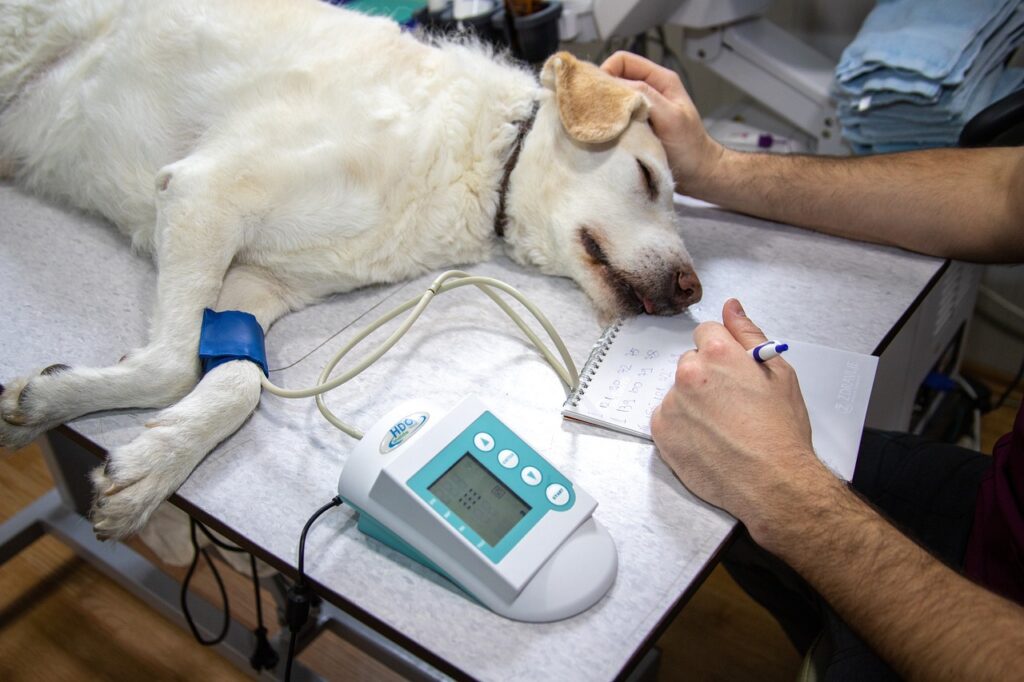Are you considering adding a furry friend to your family? Look no further than the charming and lovable Doxie dog, also known as the Dachshund. These pint-sized pooches have been stealing hearts for centuries with their unique appearance and endearing personalities. In this comprehensive guide, we’ll explore everything you need to know about Doxie dogs, from their fascinating history to their care requirements and beyond.
A Brief History of the Dachshund
The Dachshund, affectionately nicknamed “Doxie,” originated in Germany over 600 years ago. Originally bred for hunting badgers, these dogs were designed with a long, low body to help them navigate through burrows and tight spaces. The name “Dachshund” literally translates to “badger dog” in German, reflecting their primary purpose.
Over time, Doxies transitioned from working dogs to beloved companions, gaining popularity across Europe and eventually worldwide. Today, they’re cherished family pets known for their loyalty, intelligence, and playful nature.
Physical Characteristics of Doxie Dogs
Dachshunds are instantly recognizable due to their distinctive appearance:
- Body Shape: Long and low-slung, often described as “sausage-like”
- Legs: Short and sturdy
- Tail: Long and slightly curved
- Head: Elongated with a slightly domed skull
- Ears: Long, floppy, and velvety
Doxies come in three coat varieties:
- Smooth-coated: Short, sleek hair
- Wire-haired: Coarse, wiry outer coat with a softer undercoat
- Long-haired: Silky, wavy hair, often with feathering on the ears and legs
They also come in various colors and patterns, including:
- Solid colors: Red, cream, black, chocolate
- Two-tone: Black and tan, chocolate and tan
- Dapple: Mottled pattern with lighter spots on a darker base color
- Brindle: Striped pattern
Temperament and Personality
Doxie dogs are known for their big personalities packed into small bodies. Here are some key traits that make them such beloved companions:
- Loyalty: Dachshunds form strong bonds with their families and are fiercely devoted.
- Intelligence: These clever dogs are quick learners but can also be stubborn at times.
- Playfulness: Doxies have a fun-loving nature and enjoy interactive play sessions.
- Courage: Despite their small size, Dachshunds are brave and protective of their loved ones.
- Curiosity: Their hunting instincts make them naturally inquisitive and adventurous.
- Affection: Doxies are known for being cuddly and seeking attention from their owners.
While these traits make Dachshunds wonderful pets, it’s important to note that early socialization and consistent training are crucial to ensure they develop into well-behaved adult dogs.
Health Considerations for Doxie Dogs
Like all breeds, Dachshunds have some specific health concerns that potential owners should be aware of:
- Intervertebral Disc Disease (IVDD): Due to their long spine, Doxies are prone to back problems. Proper care and avoiding activities that strain their back (like jumping from heights) can help prevent issues.
- Obesity: Their long body shape makes them susceptible to weight gain, which can exacerbate back problems. A balanced diet and regular exercise are essential.
- Dental Issues: Small breeds often have dental problems, so regular teeth cleaning is important.
- Patellar Luxation: This condition affects the knee joints and is more common in miniature Dachshunds.
- Eye Problems: Various eye conditions, including progressive retinal atrophy, can affect Doxies.
Regular check-ups with a veterinarian and a proactive approach to health care can help your Doxie live a long, healthy life. The average lifespan of a Dachshund is 12-16 years, making them a long-term commitment for potential owners.
Exercise and Activity Needs
Despite their small size, Dachshunds have moderate exercise needs. They benefit from:
- Daily walks (15-30 minutes, twice a day)
- Playtime in a securely fenced yard
- Interactive toys that challenge their minds
- Supervised swimming (some Doxies enjoy water activities)
It’s crucial to avoid activities that put strain on their backs, such as jumping on and off furniture or climbing steep stairs. Providing ramps or steps can help your Doxie access higher surfaces safely.
Training Your Doxie Dog
Training a Dachshund requires patience, consistency, and positive reinforcement. Here are some tips for successful training:
- Start Early: Begin socialization and basic obedience training as soon as you bring your Doxie home.
- Use Positive Reinforcement: Reward good behavior with treats, praise, and playtime.
- Keep Sessions Short: Dachshunds have short attention spans, so aim for brief, frequent training sessions.
- Be Consistent: Establish clear rules and stick to them to avoid confusion.
- Focus on Recall: Due to their hunting instincts, a strong recall command is crucial for safety.
- Address Barking: Doxies can be vocal, so teach them a “quiet” command early on.
Remember, while Dachshunds are intelligent, they can also be stubborn. Stay patient and make training fun to keep your Doxie engaged and eager to learn.
Grooming and Care
Grooming requirements for Dachshunds vary depending on their coat type:
- Smooth-coated: Weekly brushing and occasional baths
- Wire-haired: Regular brushing and hand-stripping twice a year
- Long-haired: Daily brushing to prevent tangles and mats
Regardless of coat type, all Dachshunds need:
- Regular nail trimming
- Dental care (daily brushing if possible)
- Ear cleaning to prevent infections
Pay special attention to your Doxie’s back during grooming sessions, checking for any signs of discomfort or sensitivity that could indicate spinal issues.
Doxie Dogs as Family Pets
Dachshunds can make wonderful family pets in the right environment. They’re generally good with children, especially when raised together, but supervision is important due to their delicate backs. Their small size makes them suitable for apartment living, provided they get enough exercise and mental stimulation.
When it comes to other pets, Doxies can get along well with cats and other dogs if properly socialized. However, their hunting instincts may make them unsuitable for homes with small pets like rabbits or hamsters.
Choosing a Doxie Dog
If you’ve decided a Dachshund is right for you, consider these factors when choosing your new pet:
- Breeder vs. Rescue: Decide whether you want to purchase from a reputable breeder or adopt from a rescue organization.
- Size: Standard Dachshunds weigh 16-32 pounds, while miniatures are under 11 pounds. Choose the size that best fits your lifestyle.
- Coat Type: Consider your grooming preferences and allergy concerns when selecting a coat variety.
- Age: Puppies require more time and energy for training, while adult dogs may already have some training but might also have established habits.
- Health Clearances: If buying from a breeder, ask for health clearances for both parent dogs to reduce the risk of inherited conditions.
Conclusion: Is a Doxie Dog Right for You?
Dachshunds are charming, loyal, and entertaining companions that can bring joy to the right homes. They’re ideal for individuals or families who:
- Have time for daily exercise and play
- Are committed to consistent training
- Can provide a loving, patient environment
- Are prepared for potential health issues
- Appreciate a dog with a big personality
While they have some specific care requirements, the love and companionship a Doxie dog provides make them well worth the effort for many dog enthusiasts.
Whether you’re drawn to their unique appearance, captivated by their playful personalities, or simply looking for a devoted canine companion, a Dachshund might just be the perfect addition to your family. With proper care, training, and lots of love, your Doxie dog will be a loyal and affectionate friend for many years to come.



